U.S. law restricts the trade of exotic animals for good reason. These are the animals that are born to be wild and free, but for one reason or another, humans seek them out as pets. There are extremely few scenarios where exotic animals can live safely and happily in the human world. A rescue puma named Messi is one example, but he’s a rare case. Trafficking exotic cats is a serious crime, and one New York man faces up to five years in prison for his role in allegedly importing and selling dozens of wild cats.
Federal prosecutors have accused Christopher Casacci, 38, of trafficking exotic cats. He faces charges associated with violating the Lacey Act and the U.S. Animal Welfare Act that prohibits the trafficking of illegal wildlife and regulates the treatment of animals.
Casaci has allegedly specialized in the illegal trade of two species of exotic African cat–caracals and servals.
Better known as the “desert lynx,” caracals are native to Africa, the Middle East, Central Asia, and India. It’s easy to fall in love with their charming faces and large tufted ears, but these are not domesticated cats. They weigh around 35 pounds and are built to be ideal predators. Caracals can have their playful moments, but they eat 2-3 pounds of meat per day and are not affectionate toward humans. Keeping one in captivity is both dangerous and cruel.
Servals are another exotic cat that belongs in the wild, not a living room. They weigh around 40 pounds and sport a beautiful spotted and striped coat. People love them for their undeniably feline look, but this fierce cat does not do well as a pet. Servals require freedom to roam, hunt, and exercise their independence.
Both caracals and servals are protected under the Convention on International Trade in Endangered Species of Wild Fauna and Flora. Their populations in the wild are declining due to loss of habitat, poaching, and trapping.
Conservationists are working hard to protect these exotic cat species, and uncovering Casacci’s trafficking organization is a big win for big cats. Department of Justice officials report that Casacci hid his illegal activity by declaring his imported cats as domestic breeds on shipping records.He then sold the animals through his website.
Casacci has pleaded not guilty to his charges. If a jury finds him guilty, he faces up to five years in prison along with a $250,000 fine.
h/t: Fox News


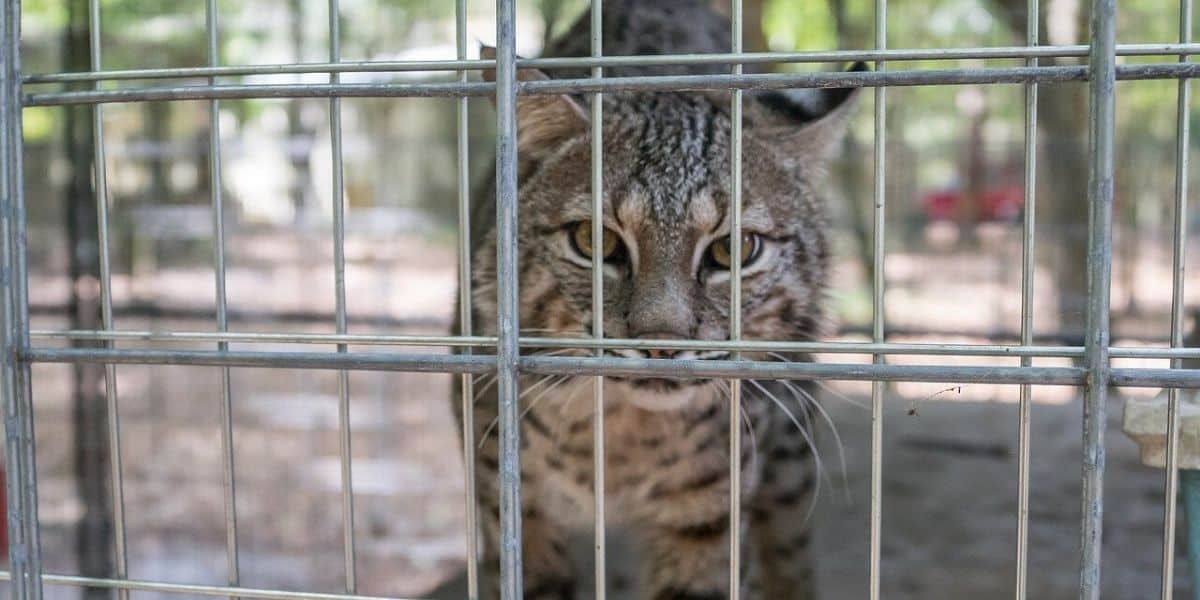
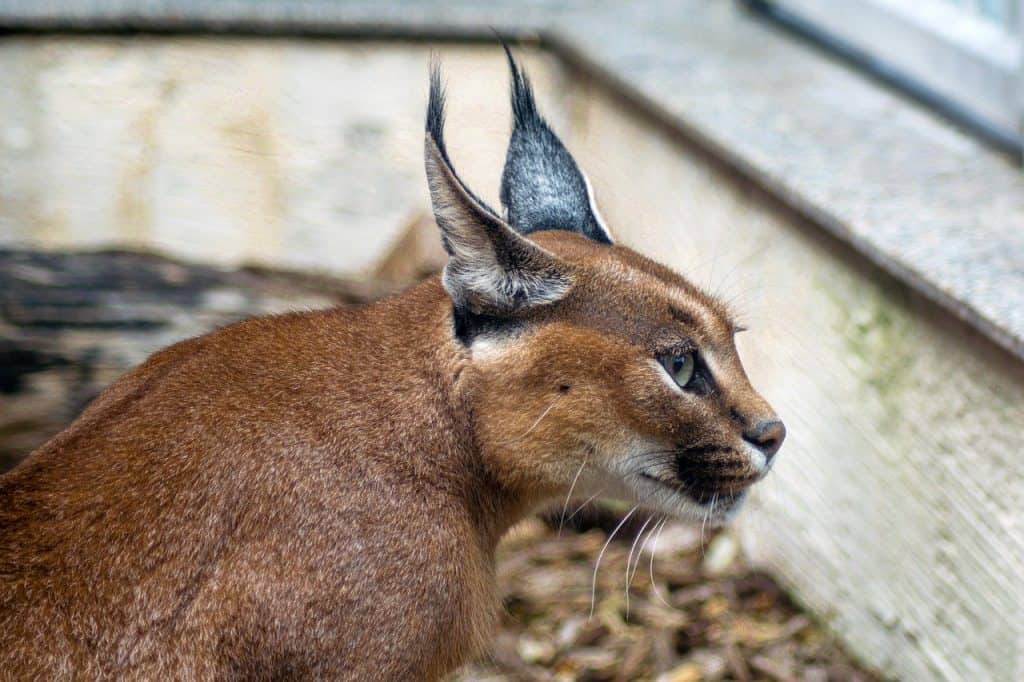
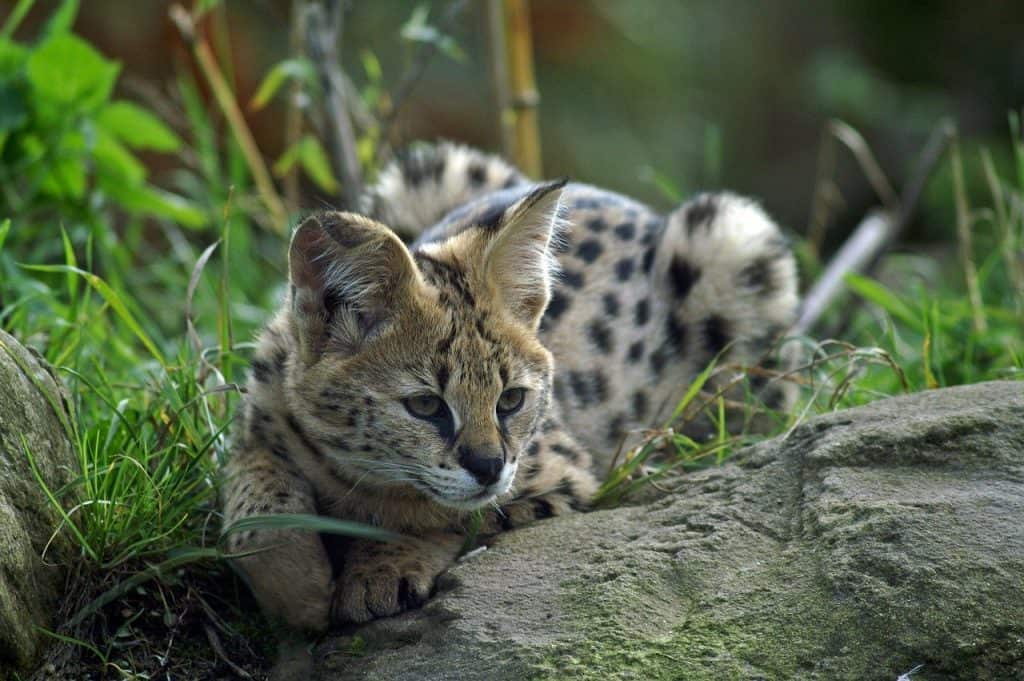
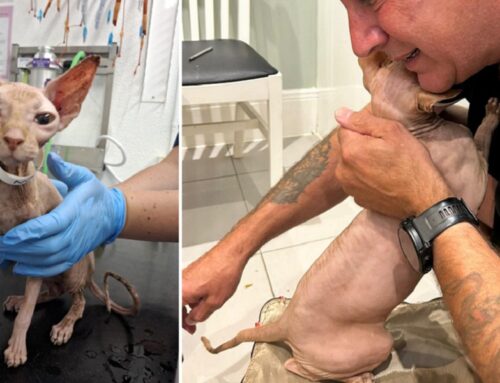
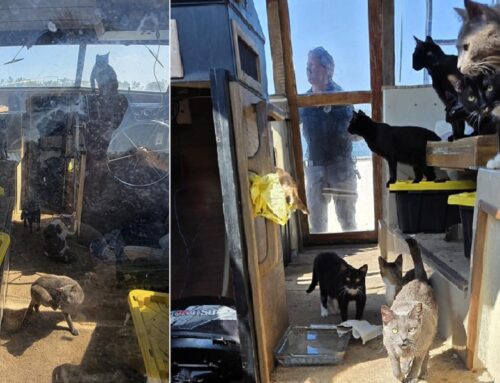
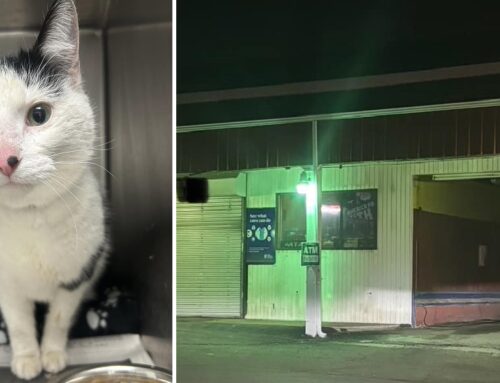

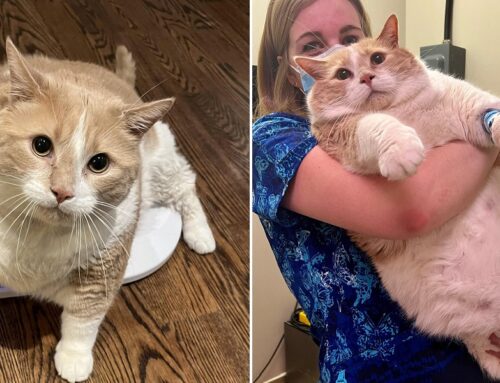

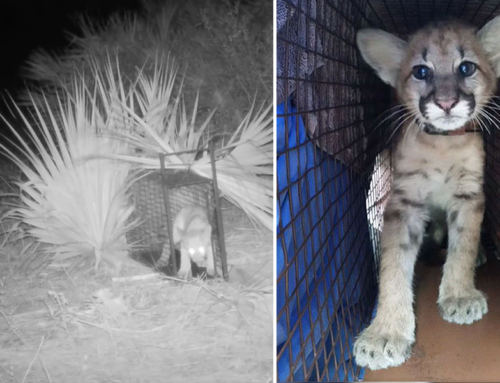
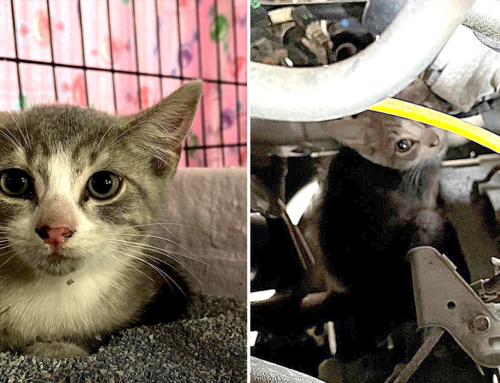

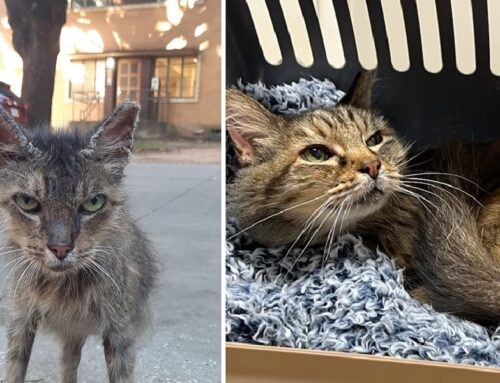
Leave A Comment